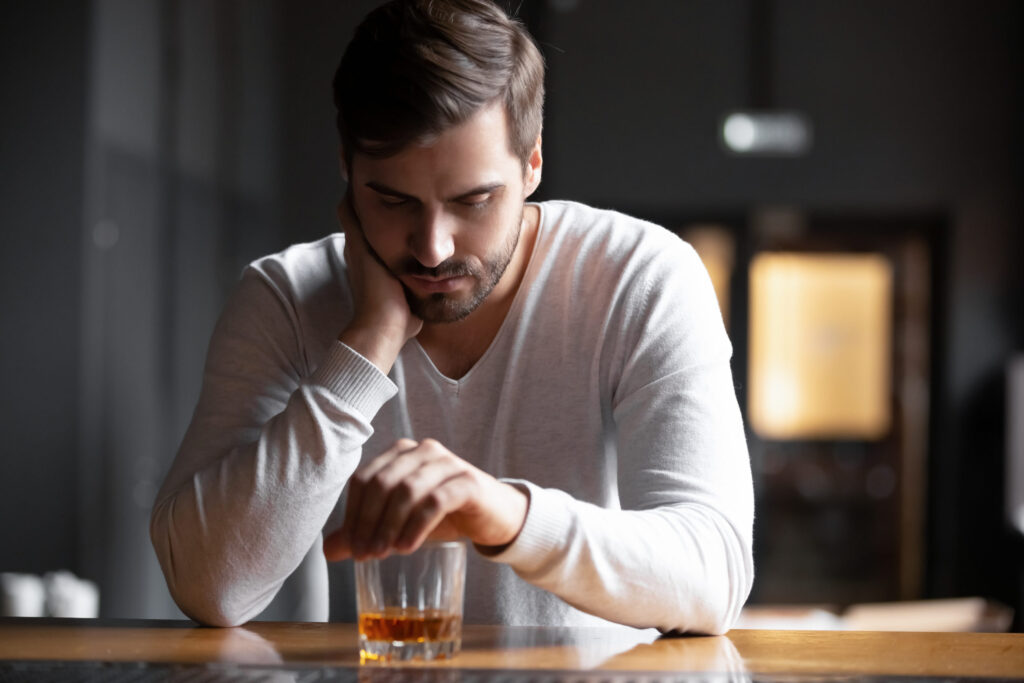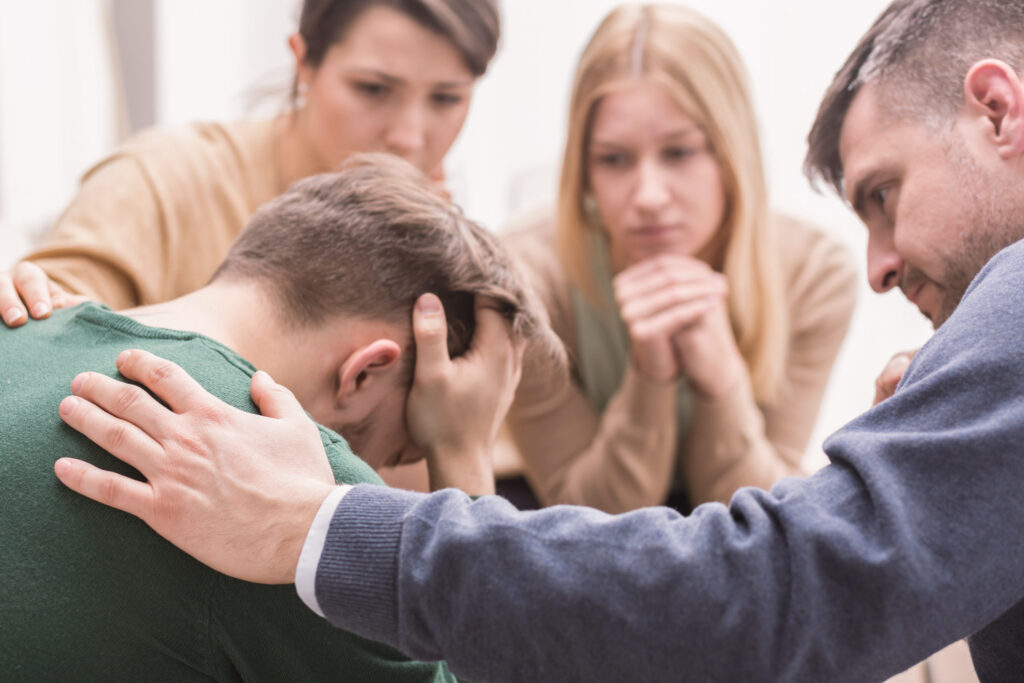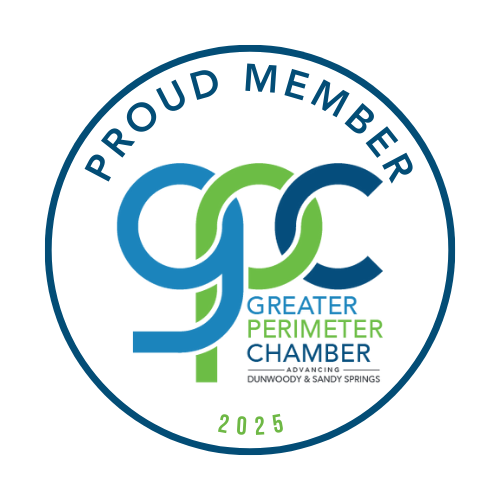The Different Ways to Prevent Relapse from Drugs & Alcohol

Addiction is all too common of a problem in the United States and around the world. Almost 21 million Americans struggle with one at least one addiction, yet only about 10% of them get treatment. Of those that do get treatment, many relapse. Joseph A. Califano, Jr., founder of the National Center on Addiction and […]
Find the Best Metro Atlanta Treatment for Drugs & Alcohol

Whether you are in the throes of drug or alcohol addiction yourself or you ache because your loved one is battling addiction, there is hope. One of the most overwhelming parts of getting help for drug or alcohol use is finding the best metro Atlanta treatment center for you. Signs of a Drug or Alcohol […]
Why Atlanta Recovery Place Is the Best Local Rehab

Making the decision to pursue professional treatment for drug abuse or addiction can be scary. Finding the best local rehab for your needs or those of a loved one can be overwhelming. Will the facility offer the best treatment options? Is the staff caring? Are treatment programs affordable? Read on to find out why Atlanta […]
The Steps to Alcohol Recovery

Alcohol abuse and alcoholism are serious problems. Nearly 14.5 million people between the ages of 12 and older have experienced an alcohol use disorder, but only about 7% of those receive the necessary treatment. Many people avoid treatment because they don’t understand what to expect from an alcohol treatment program. Understanding the steps to alcohol […]
The Common Misconceptions About Bipolar Disorder

For too long, much misinformation has existed about bipolar disorder. The many misconceptions about bipolar disorder can be harmful for those living with the condition. Whether you have been recently diagnosed with bipolar disorder or someone you know has, learning about the common misconceptions about bipolar disorder may help. What Is Bipolar Disorder? Bipolar disorder […]
What Are the Most Common Mental Health Disorders?

Mental health disorders are conditions that affect the way people think and act. They can affect people of any gender, sex, ethnicity, age or socioeconomic group. Disorders can range in severity from mild to severe. People struggling with mental health disorders may struggle to cope with everyday life due to their altered thinking, behavior or […]
The Connection Between Depression and Addiction

Depression and addiction can be complex and may feel difficult to manage – especially when a person is dealing with both mental health conditions. Thankfully there is help available for both depression and addiction. Whether you or a loved one struggle with these disorders, understanding the symptoms, treatment options and risk factors of each condition […]
Treat Alcoholism at an IOP

Acknowledging that you have a drinking problem is a great first step down the road to recovery but it is not always easy. People batting alcohol use disorder struggle to admit they have a problem not only due to the stigma that surrounds alcohol addiction but also because it might be difficult for them to […]
Examples of Enabling Behavior Towards an Addict

It is natural for people to want to help their loved ones. Isn’t part of being family and friends offering the compassion and support they need – especially when times are difficult. After all, when someone you care about is sick or needing help, isn’t your first instinct to help them in any way you […]
Drug Use Statistics in America

Drug use is all too prevalent in the United States. We often hear stories about overdoses, fatalities and other drug related issues that reduce quality of life. Although alcohol and prescription drugs are legal, they are proving time and time again to be just as dangerous as illegal drugs. The stereotypical image of a person […]






